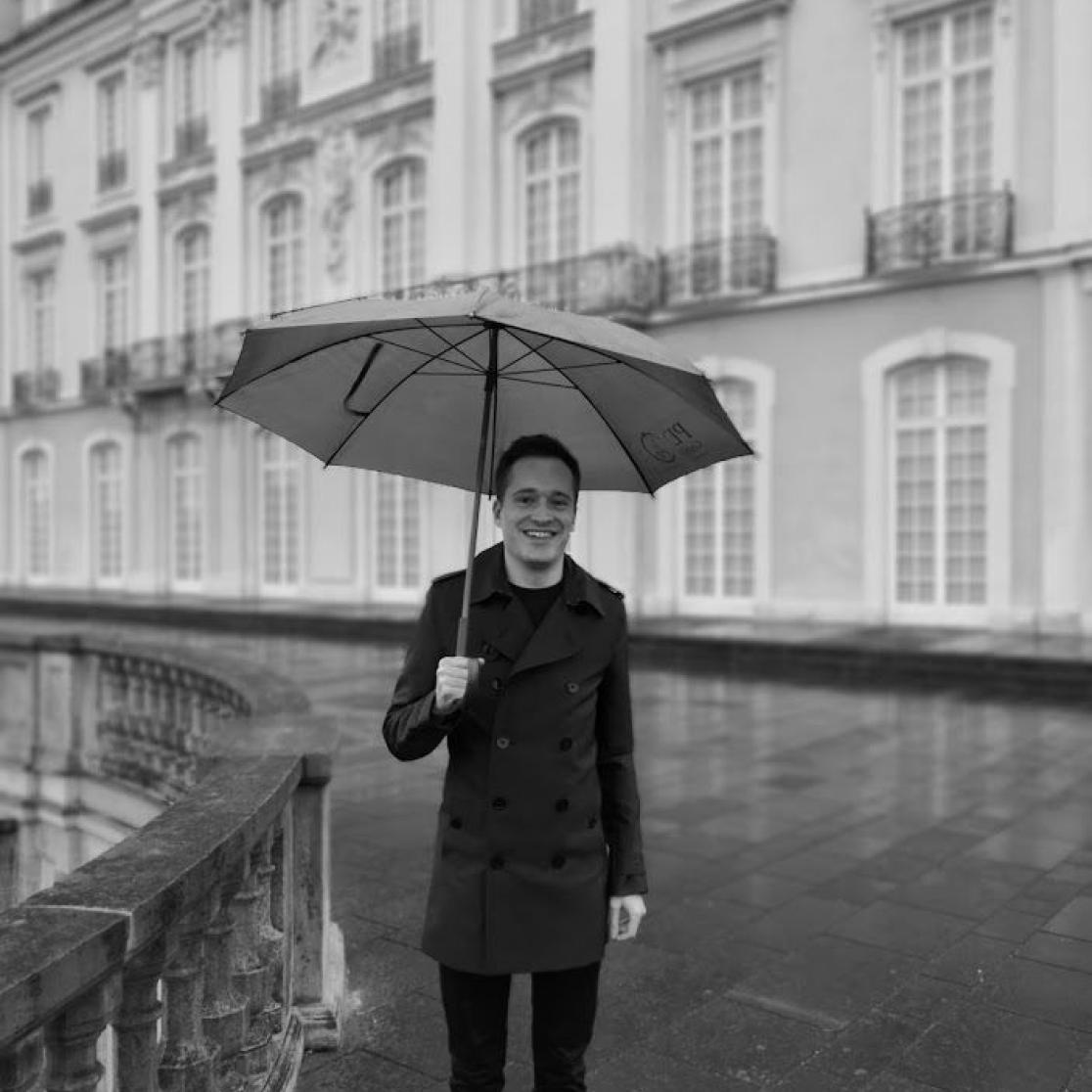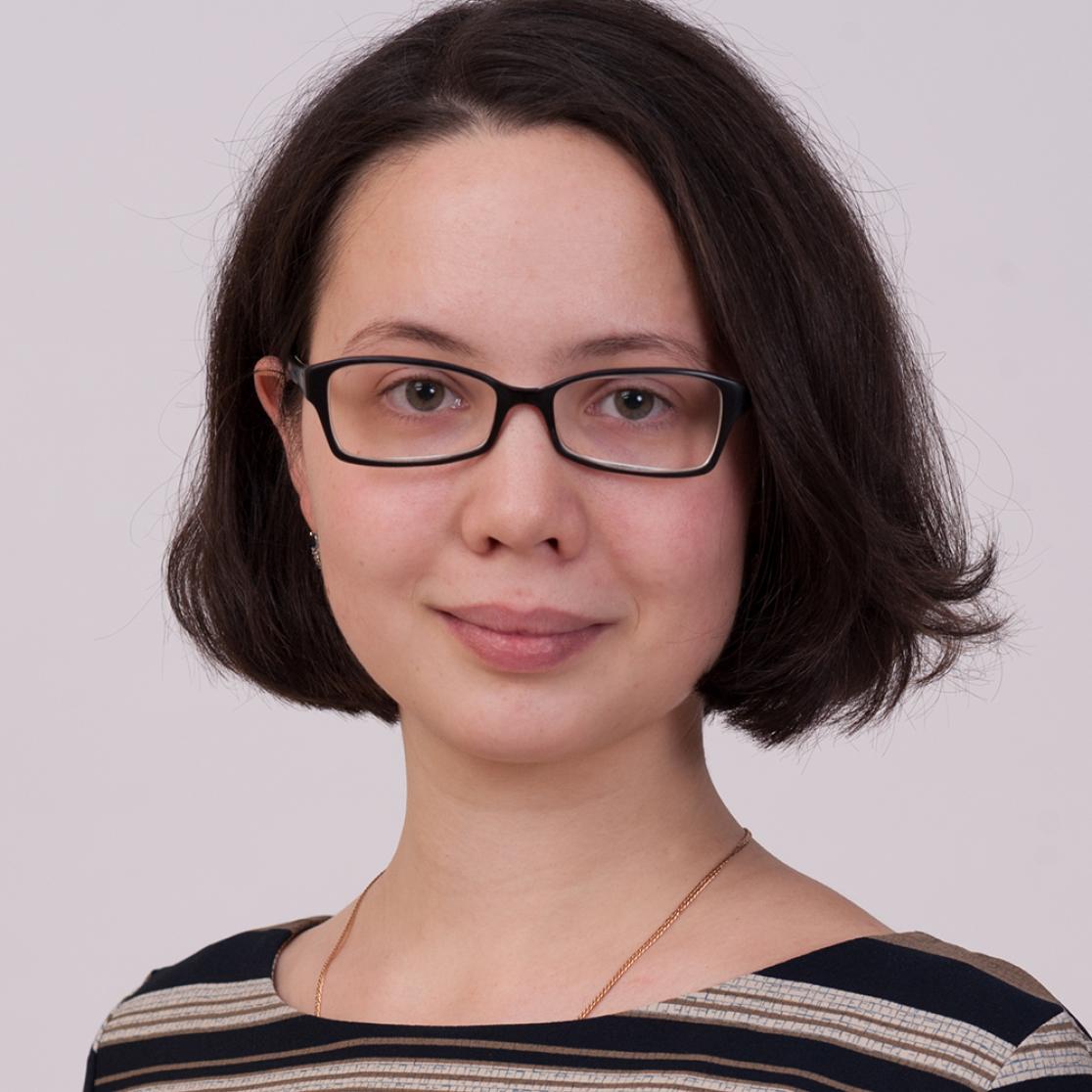LIMES: an interdisciplinary approach to studying borders
We live in an increasing globalised world. Technology has given us a level of global interconnectedness that we have never seen before. And yet, as the world opens up, we are also seeing the hardening of physical borders, whether it be stricter immigration policies or efforts to limit global mobility to curb the COVID-19 pandemic.
This malleability of borders –not only physical but also mental- is the focus of the EU-funded interdisciplinary doctoral programmes known as LIMES. At the heart of this project are twelve PhD candidates working across the following four faculties of Maastricht University: the Faculty of Arts and Social Sciences (leading the project), the School of Business and Economics, University College Maastricht and the Faculty of Law.
In this article, we spoke with two of the PhD candidates from the School of Business and Economics to find out what drew them to the project and to get an update on their research so far.
Could you give us a brief summary of your research?
'My research focuses on workplace loneliness as a result of digitalisation and other related processes, such as potentially increased e-working time and now the COVID-19 pandemic. The softening (or hardening due to COVID-19) of borders might also further affect these processes, leading to increased workplace loneliness.
At a fundamental level, I try to answer questions, such as: Why are people lonely at the workplace, what factors influence workplace loneliness and what can be done to mitigate negative factors? I focus on the e-working environment because it is especially relevant for organisations suffering the effects of the global pandemic.'
How has the project been going so far?
'The experience has been great despite the difficult times. The LIMES trainings were done mostly online via Zoom but the sessions were still very productive and interesting. We also organise weekly Zoom meetings with the other LIMES PhD candidates, and it is nice to see everyone’s face once in a while. I’m really hoping that we can all see each other in person again soon though.'
What motivated you to join this project?
'The research topic was one important factor. I like looking at the ‘darker’ side of work. This is already something I started to look into while doing my master’s thesis. I also like the environment at Maastricht University. From my time as a master’s student here, I know the university has a lot to offer. I also really like Maastricht as a city.'
What are you the most looking forward to over the next year?
'COVID-19 safety measures permitting, I look forward to finishing my first paper and starting my second one. I also look forward to doing my secondment in Konstanz, Germany.'

Researcher: Timo Walz
Supervisors: Simon de Jong, Julia Kensbock, Florian Kunze
Research topic: 'All Together or All Alone? How Demographic and Digital Trends affect Socialisation and Isolation at Work'
Could you give us a brief summary of your research?
'My research focuses on investigation of obstacles to cross-border mobility and integration of immigrants. I explore what institutional barriers are associated with transnational mobility of workers, addressing such topics as discrimination on the labour market, identity building and information frictions.'
Can you tell us a bit more about yourself and your background?
'I received a Bachelor's degree in Economics at Lomonosov Moscow State University and Master's degree in Economics at the University of Bonn. Prior to joining ROA I worked as a research assistant to support empirical labour market research in the Institute of Labor Economics (IZA). My research interests lie primarily in the fields of Labour, Migration and Development economics.'
What motivated you to join this project?
'As a cross-border researcher, I have experienced the power of borders myself. Hence, finding a way to explore and tackle the associated challenges is of vivid interest for me from both professional and personal perspectives.'
How has the project been going so far?
'To date, we have a well-developed idea and methodology for the first research paper devoted to investigation of ethnic discrimination on the labour market and its interplay with job candidate’s skills. For this study, in coordination with German Federal Institute for Vocational Education and Training (BIBB), we have designed a vignette experiment that currently is running in a pre-test stage.'
What are you the most looking forward to over the next year?
'In the coming year, I am the most looking forward to getting my first results and sharing them with my colleagues. Hopefully, offline.'

Researcher: Alina Shirshikova
Supervisors: Frank Cörvers, Raymond Montizaan, Harald Pfeifer
Research topic: Foreign Students and Graduates in European Border Regions
This project has received funding from the European Union’s Horizon 2020 research and innovation programme under the Marie Skłodowska-Curie grant agreement No 847596.
Also read
-
Flour, family, and forward thinking: the evolution of Hinkel Bäckerei
In the heart of Düsseldorf, the comforting aroma of freshly baked bread has drifted through the streets for more than 130 years. Since its founding in 1891, Hinkel Bäckerei has evolved from a small neighborhood bakery into a cherished local institution.
-
Contribute to a Voice for Children in Conflict Areas
Dr Marieke Hopman and Guleid Jama are launching a new research project on the role of children in peacebuilding in conflict areas.
-
Administrative integration through agency governance The role of Frontex, the EUAA and Europol
PhD thesis by Aida Halilovic